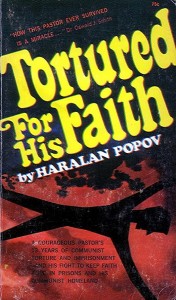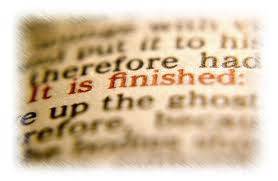Here’ s a little follow up to my previous post on reading. Now some thoughts on choosing what to read …
1. Read a few things you know you will agree with.
Read these things for reinforcement and reminder. But realize, if that’s all you read, you’ll never grow! We ought to perhaps re-read a select few books.
2. Read mostly things you don’t yet know if you agree entirely with.
A.W. Tozer said, “The best book is not one that informs merely, but one that stirs the reader up to inform himself.” Oswald Chambers said, “The author who benefits you the most is not the one who tells you something you did not know before, but the one who gives expression to the truth that has been dumbly struggling in you for utterance.” (Dec. 15, My Utmost for His Highest).
Read things that will stretch you, not just romance, historical or sensational novels. Read things that stretch your mind, heart and thinking. Realize that surfing the web or searching the Internet is not the same as reading. It requires reading, but it is not the same.
Read for variety. I have to make myself read a novel every once in a while! Often it is like a breath of fresh air! And here was a huge breakthrough for me: Give yourself permission not to finish a book!
3. Read a few things you know you don’t agree with.
The writer of Hebrews wrote, “But solid food is for the mature, who because of practice have their senses trained to discern good and evil” (5:14). It hardly qualifies as “practice” if you never disagree with anything. Francis Bacon said, “Read, not to contradict or confute, nor to believe and take for granted, nor to find talk and discourse, but to weigh and consider. Some books are to be tested, others to be swallowed, and some few to be chewed and digested.” Muriel Ormrod said, “We should always aim to read something different—not only the writers with whom we agree, but those with whom we are ready to do battle. And let us not condemn them out of hand because they do not agree with us; their point of view challenges us to examine the truth and to test their views against Scripture.” (quoted on p.100, Spiritual Leadership, J. Oswald Sanders)
So what should we conclude about reading? Perhaps the best conclusion was that of Mark Twain:
“He who does not read good books has no advantage over the man who cannot read at all.”



